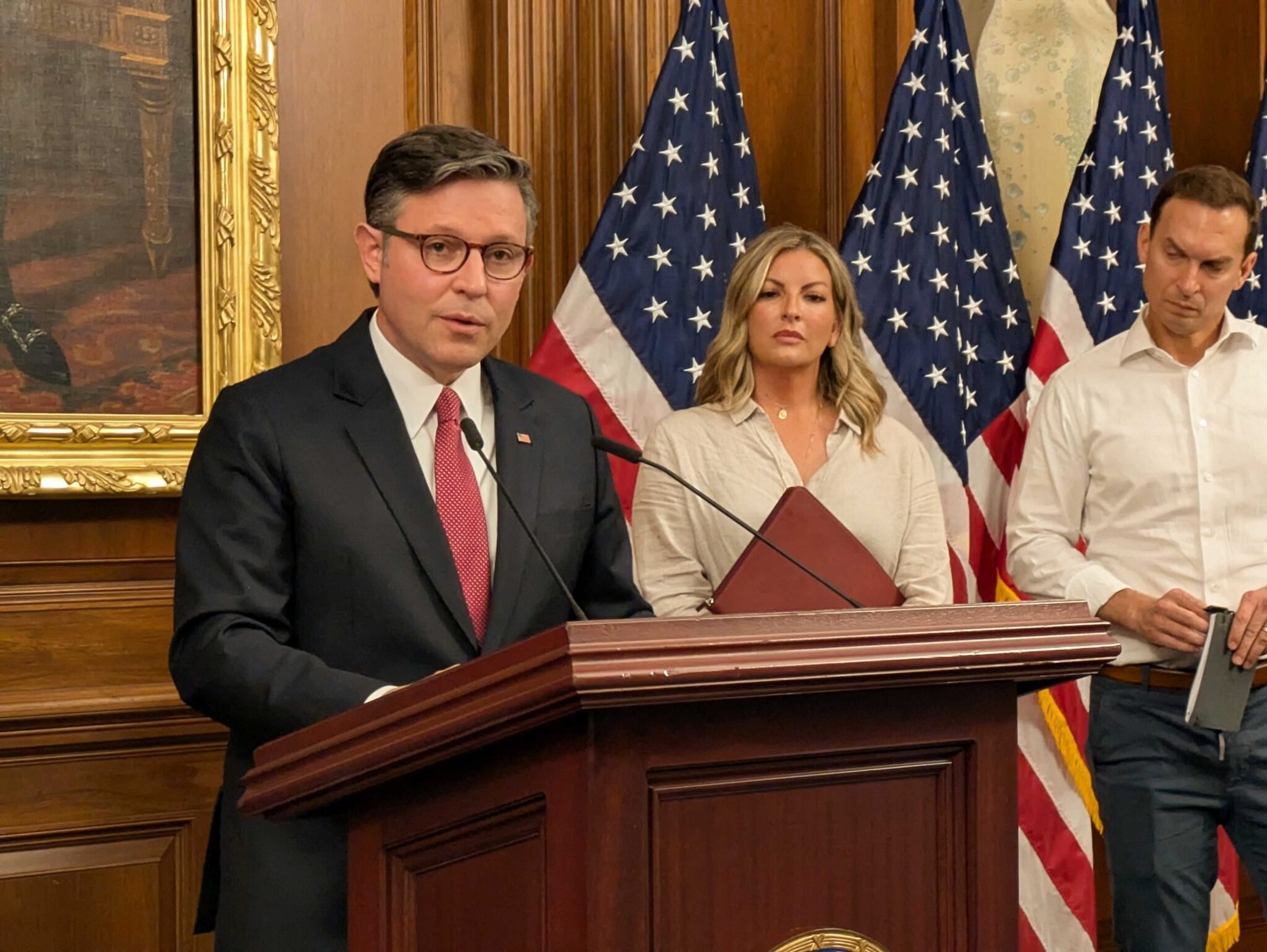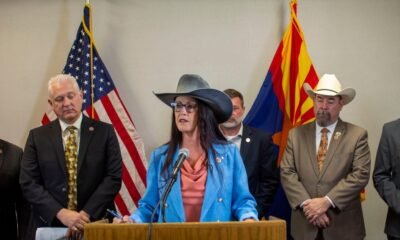Andy Harris
GOP Leaders in Senate Grapple with Medicaid Cuts Hitting Rural Hospitals Hard

This report has been updated.
WASHINGTON — U.S. Senate Republicans are currently restructuring proposals within the “big, beautiful bill” to meet the chamber’s stringent reconciliation rules. Concerns about the bill’s potential impact on its House passage were voiced by GOP lawmakers.
Senate Majority Leader John Thune, R-S.D., is collaborating with colleagues on a solution to support rural hospitals, which could face financial difficulties due to Medicaid cuts and other changes in the proposed legislation. “We are working on a solution for rural hospitals,” Thune stated. He believes significant progress is being made to alleviate concerns among his peers.
Thune cautioned against permitting the pursuit of perfection to hinder progress and acknowledged potential dissent within the GOP ranks. “Two or three Republicans may vote against it,” he predicted, emphasizing the necessity of compromise to secure a majority in the Senate.
Senator Josh Hawley from Missouri expressed dissatisfaction with the lack of details on the proposed rural hospital fund and reiterated his commitment to ensuring that working individuals retain their healthcare coverage. “In Missouri, 1.3 million people rely on Medicaid,” Hawley noted, emphasizing their dependence on the program due to limited job-provided healthcare options.
Senate Republican Policy Committee Chair Shelley Moore Capito, R-W.Va., engaged in discussions with her state’s hospital association, highlighting the bill’s effects on rural healthcare facilities. She remains undecided on the rural hospital fund pending a formal proposal.
In a significant turn, the Senate parliamentarian ruled that a controversial provision proposed by Senator Mike Lee, which sought to mandate the sale of public land in 11 Western states, did not adhere to reconciliation rules. The proposal aimed to facilitate new housing developments but faced opposition from various lawmakers.
In terms of the Supplemental Nutrition Assistance Program (SNAP), Senator John Boozman, R-Ark., announced a successful overhaul intended to transfer some costs to state governments. However, the parliamentarian has yet to provide official clarification on the implementation of this change.
Amidst these developments, Republican leaders are feeling the pressure to finalize the tax and spending cuts package before the Fourth of July. “I remain optimistic that the Senate’s product won’t diverge too far from our initial version,” said House Speaker Mike Johnson, R-La.
President Trump urged Senate Republicans to expedite the finalization of the bill, stressing prompt collaboration with the House. “Lock yourself in a room if you must…GET THE DEAL DONE THIS WEEK,” he wrote, calling for urgent action.
Concerns have arisen among House Republicans regarding the need to retain the party’s core provisions while also adhering to the reconciliation rules. Representative Mike Lawler, R-N.Y., emphasized that the Senate’s changes must still align with the expectations of the House to secure the necessary votes.
The fate of the bill hangs in the balance as legislators negotiate sensitive provisions, particularly regarding Medicaid and the critical state and local tax deduction. The continued dialogue is necessary to deliver a bill that aligns with both chambers’ priorities.


















